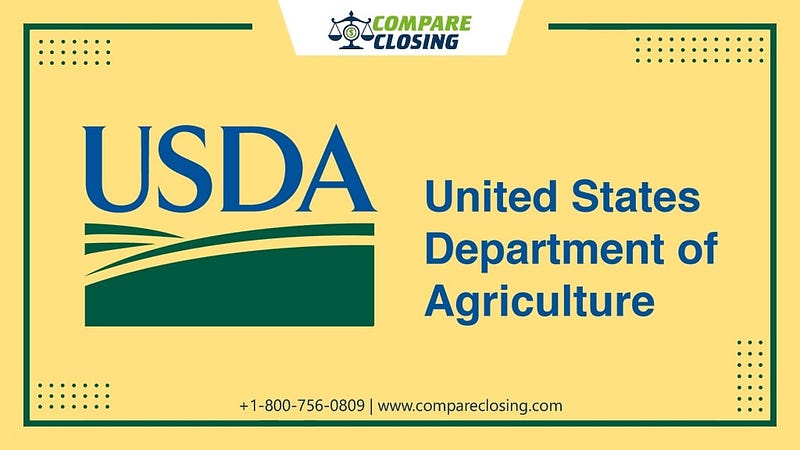
About USDA Loan
When you are looking to buy a new home there are a lot of things that are going through the buyer’s mind. One of which is which loan program is the best suited for the property that you are looking to buy a home.
There are many options available in the market for the suburban areas. But if you are planning to buy a property in a rural area, you might want the check with a USDA home loan.
In this post, we will learn more about what is a USDA loan and its details.
What Is A USDA Loan?
USDA home loans are made for those who live in rural areas. An area is considered as a rural area when the population of that area is typically less than 35.000.
The department of USDA backs up the USDA mortgage loans as they want to provide affordable ownership opportunities, to promote prosperity which in turn creates thriving communities and improves lives in rural areas.
USDA Loan Features
The best feature about USDA loans is that they offer 100% financing. This means you do not have to put any down payment to purchase the house in case of a USDA mortgage.
Compared to other mortgage programs where you might have to come up with a down payment of anywhere between 3% to 20%, with a USDA loan, you can get the hundred percent financing on the property.
With USDA the upfront mortgage insurance is considerably less compared to an FHA loan.
USDA Home Loan Requirements
The first requirement is that the property in question has to be in the USDA-qualified rural area. USDA has provided a link click here Where you can check whether the property that you are planning to buy does fall under USDA qualified area.
Apart from that USDA does require that the property you are purchasing is your primary residence, has access to a street, road, or a driveway. And the property should have adequate utilities, water, and water disposal.
The USDA does not have any minimum credit score requirement. However, if it is under 640, they do require manual underwriting on that file.
If you have a credit score above 640, their automated system may easily get you qualified for USDA provided all other parameters are met.
The one thing about the USDA loan which is a lot different than any other loan program is that they have a household income limit.
When qualifying with USDA home loans that don’t have a maximum loan amount that you can qualify for like FHA or conventional loans. The structure of the maximum income criteria is:
In a Household of 1–4 Maximum Income should be $91,900
In a Household of 5–8 Maximum Income should be $121, 300
There could be some adjustments being made based on where you live in the region and the income requirement can go up and down on the median income in that region.
That is why it is always best to talk to a trusted mortgage professional who can run the numbers for you and tell you exactly whether or not your income qualifies.
The debt to income when it comes to USDA loans is one of the strict when compared to any other loan program. The DTI requirement in USDA loans is a maximum of up to 41%.
This means if you are spending 41% or more towards your debt out of your total monthly income, you may not be qualified for a USDA home loan.
Conclusion
In case you are looking to buy a property in a rural area, it is suggested you check all the eligibility parameters before investing your time and money into the research.
USDA loans are also available with many lenders and banks as well. The USDA loan is one of the most popular loans in the country and has helped thousands of borrowers achieve their dream homes.
https://www.compareclosing.com/blog/what-is-a-usda-loan-in-texas/
Comments
Post a Comment